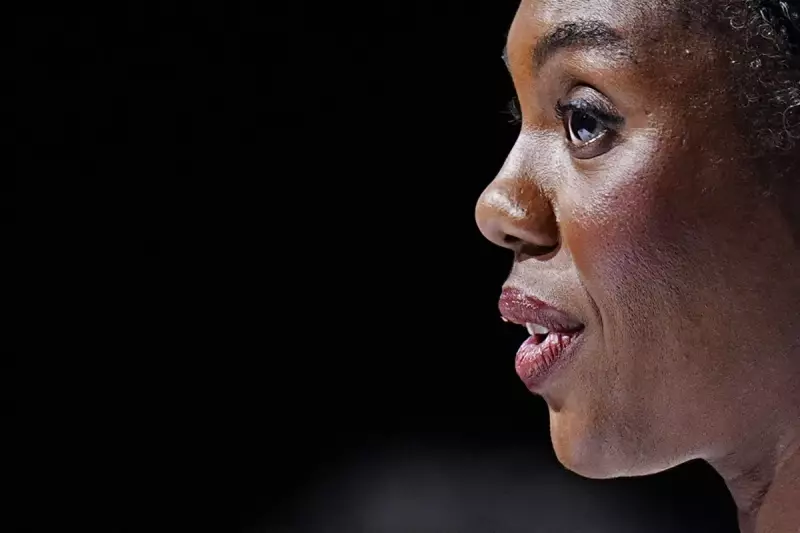
Private schools across Britain are bracing for a significant financial upheaval as the Labour Party confirms it will impose 20% VAT on school fees if it wins the next general election.
The £1.7 Billion Education Shake-up
Sir Keir Starmer's party plans to remove the VAT exemption currently enjoyed by independent schools, a move that could add thousands of pounds to annual fees for families choosing private education. The policy forms a central pillar of Labour's education funding strategy.
Shadow education secretary Bridget Phillipson has defended the controversial plan, stating it will generate approximately £1.7 billion to fund crucial improvements in state education. "This is about creating a more fair and balanced education system for all children," she emphasised.
What This Means for Parents
- Average annual private school fees could increase by over £3,000 per child
- Many families may be forced to reconsider private education options
- Independent schools face potential enrolment declines
- Additional financial pressure on middle-income households
Political Battle Lines Drawn
The Conservative Party has vehemently opposed the measure, warning it could lead to overcrowding in state schools as families withdraw children from private education. Education Secretary Gillian Keegan described the policy as "an attack on parental choice" that would disproportionately affect middle-class families.
"This isn't about improving education—it's about punishing aspiration," one Conservative MP told reporters. "Many families sacrifice enormously to give their children this opportunity, and Labour wants to tax that choice."
Funding the State Sector
Labour insists the generated revenue will be directed toward state education priorities, including:
- Recruiting 6,500 new qualified teachers
- Providing specialist mental health support in every school
- Improving facilities and resources in disadvantaged areas
- Funding breakfast clubs and extracurricular activities
The party argues that removing what it calls a "tax break for the wealthy" will create a more level playing field in education. However, critics question whether the projected revenue accounts for potential reductions in private school enrolment.
Industry Reaction and Concerns
Representatives from the independent school sector have expressed alarm about the proposal's potential impact. Many smaller private schools, particularly those serving specific communities or special educational needs, fear they may not survive the financial blow.
Julie Robinson, chief executive of the Independent Schools Council, warned: "This policy risks damaging educational diversity and could ultimately reduce the overall quality of education provision in our country."
As the political debate intensifies, families across the UK are left weighing their options, with many facing difficult decisions about their children's educational future.





